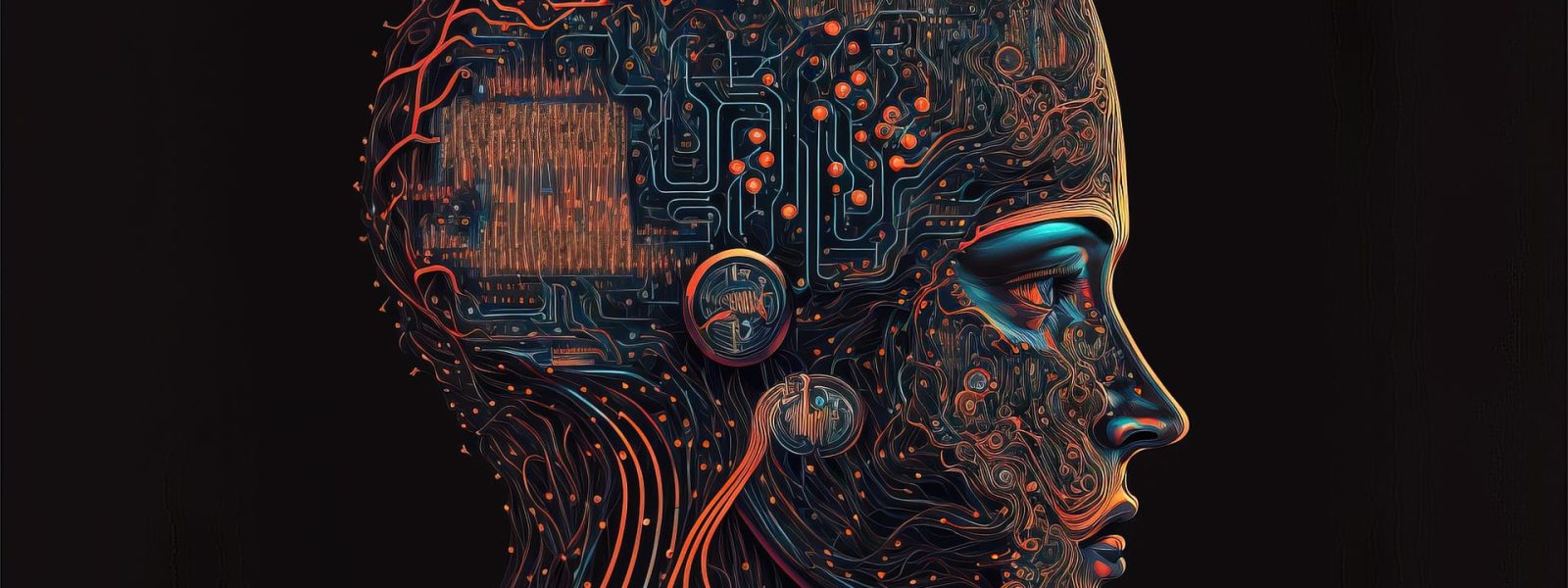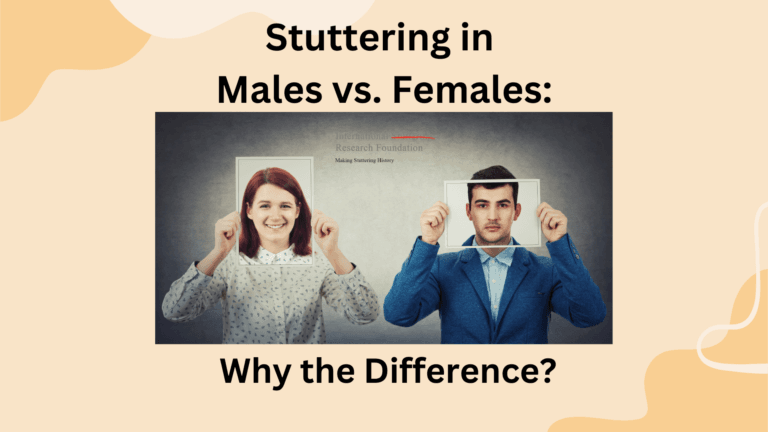In the rapidly evolving landscape of technology, Artificial Intelligence (AI) stands at the forefront, captivating our imaginations and transforming the way we interact with the world. Beyond its algorithms and data processing capabilities, there lies a fascinating intersection of psychology and AI. Let’s delve into the intriguing world where human psychology meets artificial minds.
The Birth of AI: An Imitation of Human Intelligence
Artificial Intelligence, at its core, aims to replicate human intelligence in machines. Early AI models were designed to imitate human decision-making processes, problem-solving abilities, and even language comprehension. This ambition is deeply rooted in our understanding of human psychology and cognition.
Understanding Human Cognition for AI Advancements
To create AI systems that learn, reason, and adapt, we must first grasp the intricacies of human cognition. Concepts like perception, learning, memory, and problem-solving serve as the foundation for AI development. Psychologists play a pivotal role in guiding AI designers to ensure the technology aligns with our understanding of how the human mind operates.
Cognitive Biases in AI: The Human Touch in Machines
Interestingly, AI can also exhibit cognitive biases akin to humans. These biases, a result of the data they are trained on, can inadvertently perpetuate societal prejudices. Understanding this aspect is crucial for developing AI that is fair, unbiased, and serves the greater good of humanity.
Emotion AI: The Quest for Machines with Emotional Intelligence
Emotion AI or Affective Computing is a burgeoning field where AI is being designed to recognize, interpret, simulate, and respond to human emotions. This could revolutionize how we interact with technology, making it more intuitive and empathetic. Understanding human emotional states and how to replicate them in AI is a fascinating exploration.

Ethical Implications: AI as a Mirror to Our Society
The development of AI raises ethical questions that are deeply rooted in psychology. Issues of privacy, consent, accountability, and the potential impact of AI on mental health are just a few areas where psychology plays a vital role in shaping AI policies and practices.
The Future: AI-Enhanced Psychology and Vice Versa
As AI continues to evolve, it will likely aid psychologists in conducting research, diagnosing disorders, and personalizing treatment plans. Conversely, insights from psychology will contribute to creating AI that is not only advanced but also ethical, understanding, and truly beneficial to society.
The Psychology of Artificial Intelligence is an enthralling realm, showcasing how the understanding of the human mind is crucial for developing AI that aligns with our values, ethics, and the betterment of humanity. In this symbiotic relationship, AI mirrors our psychology, and our psychology shapes AI, leading us into a future where both thrive and evolve hand in hand.
Explore more about AI and its fascinating dynamics with human psychology, for the future is bound to be a fascinating journey at this intersection. Stay tuned for more updates and insights!





4 Responses
A good Read … Interesting article … keep the work go on …
Thanks and subscribe with us to stay updated…
Intresting article. Its a new way of thinking
Thanks for your valuable comments